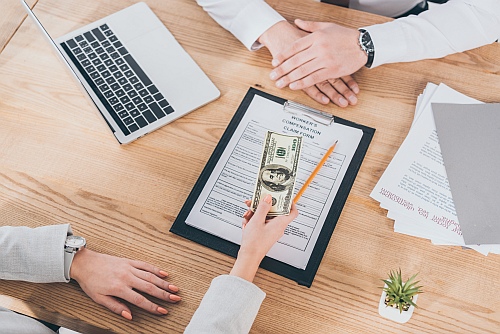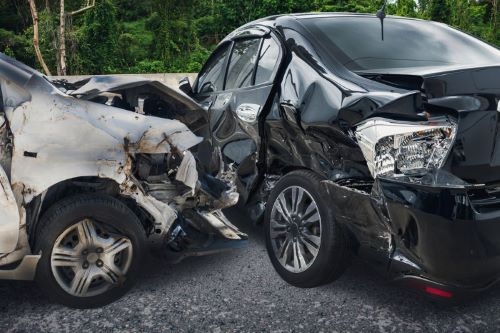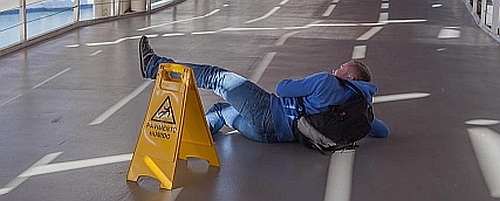- Personal Injury
We all know the dangers associated with smoking cigarettes, whether we want to admit it or not. We have seen the commercials, the news stories, the articles – and for those of us who have picked up the habit, it is often a very difficult one to break. Some people have success with nicotine patches and gum, and others have gone the route of switching to electronic cigarettes, all methods which are viewed as good steps towards quitting the habit. Sadly, sometimes these alternatives can be dangerous also, as one southwest Florida man discovered last year, when his electronic cigarette exploded in his face. The victim was badly burned as a result and filed a lawsuit, which alleged that the electronic cigarette company failed to warn of the dangers associated with using its products.
Long-Lasting Effects – What Can Be Done?
This victim is likely going to have a long road to recovery and the medical bills, lost wages, and pain and suffering to go along with it. Only time will tell if his lawsuit is successful against either or both the defendants – the manufacturing company and the store that sold the product, which was sued for allegedly selling an unreasonably dangerous defective product. What exactly does that mean, though? Can a store be held liable for the products that they are simply selling?
Product Liability Cases – What Are They?
According to Florida Code Section 768.81(1)(d), a products liability action is based on various theories, including those of strict liability and negligence, among others. In a products liability lawsuit, the victim files an action to recover damages caused by the manufacture or design of a product and alleges that the injuries sustained were greater than the victim would have received if the product had not been defective.
Sharing The Blame
Florida Code Section 768.81(1)(d) also speaks to the question of multiple defendants in a case such as the exploding electronic cigarette. In product liability actions that include allegations that a victim’s injuries were made worse due to a defective product, a judge or jury needs to look at whether and to what extent each of the defendants’ actions contributed to the accident. According to the principle of contributory negligence, damages – both economic and noneconomic – for an injury are then apportioned between all responsible parties based on their percentage of fault for the accident.
Recovering For Your Personal Injuries In A Product Liability Case
If you have been injured in an accident due to a defective product, attorneys are available to help you determine what to do. A capable legal professional will be able to gather all of the information about your case – the facts, the losses you have sustained, the future losses you may incur – and help you learn about the options available to you. When you have been the victim of such an accident, you want to be able to rely on an attorney who has experience with cases like yours. Contact a Miami Personal Injury Attorney today to speak with someone with the knowledge you can count on to help you recover for your losses.






